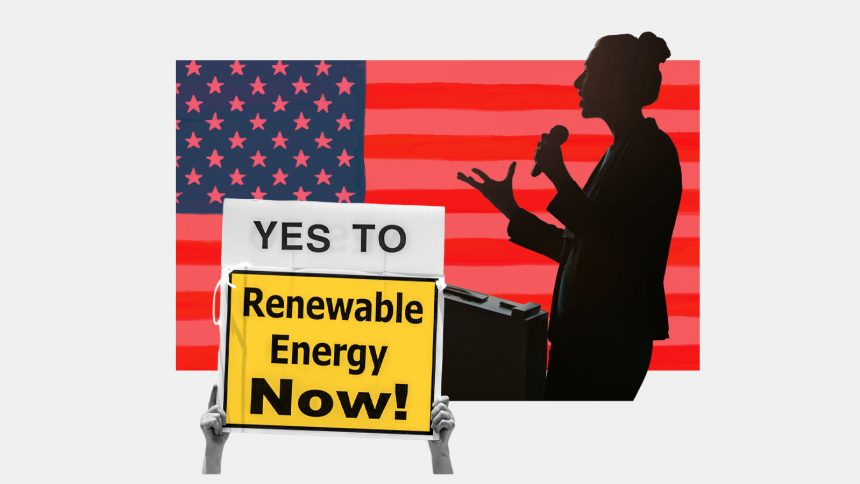During a debate on a gas-fired power plant in New Orleans in 2017, the City Council meetings seemed staged. Paid actors were hired to create an illusion of public support for the project. This tactic influenced decision-makers and had a significant impact on public opinion.
It sheds light on how companies manipulate elected officials. Despite the importance politicians place on staying in touch with constituents, there is a hidden struggle to shape what politicians believe about public opinion.
Politicians often underestimate public support for climate action. A recent study in Pennsylvania revealed that local officials misperceived the popularity of solar projects compared to natural gas. This misperception could hinder the transition to clean energy.
The misconceptions about public opinion on climate change also extend to national levels, leading to limited ambition in climate and energy policies. People tend to underestimate support for climate policies, contributing to the challenge of addressing the climate crisis.
To address these misperceptions, it is crucial to highlight the actual level of public support for climate policies. Accurate information can influence politicians to align their positions with popular sentiment and push for necessary climate-friendly policies.

Fossil fuel interests go to great lengths to influence political perceptions, employing strategies like astroturfing to create false grassroots support. Understanding the actual level of public backing for climate action is crucial to drive effective policies and combat the influence of vested interests.
While there has been progress in passing climate-friendly legislation, there is still a need to counter misinformation and actively promote public awareness of the support for climate action. By addressing the misperceptions held by politicians and the public, we can pave the way for more ambitious and effective climate policies.






